Easing off the tablets
Analyst research suggests tablet sales are flattening, but the decline in notebook sales may be halting too

Inside the enterprise: Over the last few years, sales of PCs, both laptops and desktops, have been in decline. Depending on your point of view, that decline has either been caused by, or offset by, growing sales of tablet devices.
The data takes a little unpicking. Over the last decade we have seen a steady decline in the sale of conventional desktop computer systems, at least in Western markets. As laptops became more affordable and more powerful, more companies started to switch to laptops for a larger number of workers, and in some cases, for most workers.
But the economic downturn appeared to cause an across the board halt in computer sales overall, including laptops.
Companies stretched their IT budgets by deferring upgrades; uncertainties about operating systems and among some users and IT teams, an outright dislike of Windows 8 prompted companies to stick with Windows 7 and machines that were, largely, still good enough.
The growth in the personal computing sector, where there was growth at all, seems to have come from tablets. Undoubtedly some companies issued tablets instead of laptops. Others will have offered them to staff as an additional device.
And some growth will certainly have come from BYOD (bring your own device) programmes. Whilst firms teased out an extra year or two of life from their laptops, staff were allowed, and often even encouraged, to bring in a shiny tablet instead. Tablets were the future of the personal computing industry, it seemed.
Has that trend now gone into reverse? Some analyst research suggests it might. Market watchers are split in how they measure tablet sales. Some count them in with laptops. Others split them out as a separate category. And with the growth of large-screen smartphones or phablets, it is of course hard to draw a clear line.
Get the ITPro daily newsletter
Sign up today and you will receive a free copy of our Future Focus 2025 report - the leading guidance on AI, cybersecurity and other IT challenges as per 700+ senior executives
A flattening of tablet sales is no real surprise. The novelty factor has worn off, and it is hard to see where the next great innovation in tablet computers will come from.
None the less, some of the statistics make for interesting reading, at least for CIOs looking at their organisatons' personal device policies.
According to analysts Canalys, worldwide tablet sales fell five per cent to just under 50m units in the second quarter of this year. The firm put the decline down to falling sales by the sector's two market leaders: Apple and Samsung. Between them, Canalys calculates the two firms make up 46 per cent of the global tablet market.
A flattening of tablet sales, at this stage in their product life cycle, is no real surprise. The novelty factor has worn off, and it is hard to see where the next great innovation in tablet computers will come from. The latest tablets, such as the iPad Air, are capable devices, but there is a limit to how far manufacturers can go in making their devices thinner and lighter.
"A slowdown in the pace of innovation is creating an issue for tablet vendors. The tablet market has quickly found itself in the same position the notebook market was in some years ago, with minimal increases in hardware performance forming the basis for an argument to upgrade," suggests Canalys analyst Tim Coulling.
PCs, though, have done better, and less because of hardware innovation than because of falling prices. Dell, HP, Lenovo and Apple have seen computer shipments increase. This, in turn, has been driven by improving economic conditions, but also falling laptop prices.
In fact, with the gap between laptop and tablet prices narrowing, it will be interesting to see how that affects user choice. Some people who may have chosen a tablet because it was cheaper might now opt for a touch-screen laptop instead. Tablet makers will need to respond with innovation or price cuts of their own.
Stephen Pritchard is a contributing editor at IT Pro.
-
 Meta just revived plans to train AI models using European user data
Meta just revived plans to train AI models using European user dataNews Meta has confirmed plans to train AI models using European users’ public content and conversations with its Meta AI chatbot.
By Nicole Kobie
-
 AI is helping bad bots take over the internet
AI is helping bad bots take over the internetNews Automated bot traffic has surpassed human activity for the first time in a decade, according to Imperva
By Bobby Hellard
-
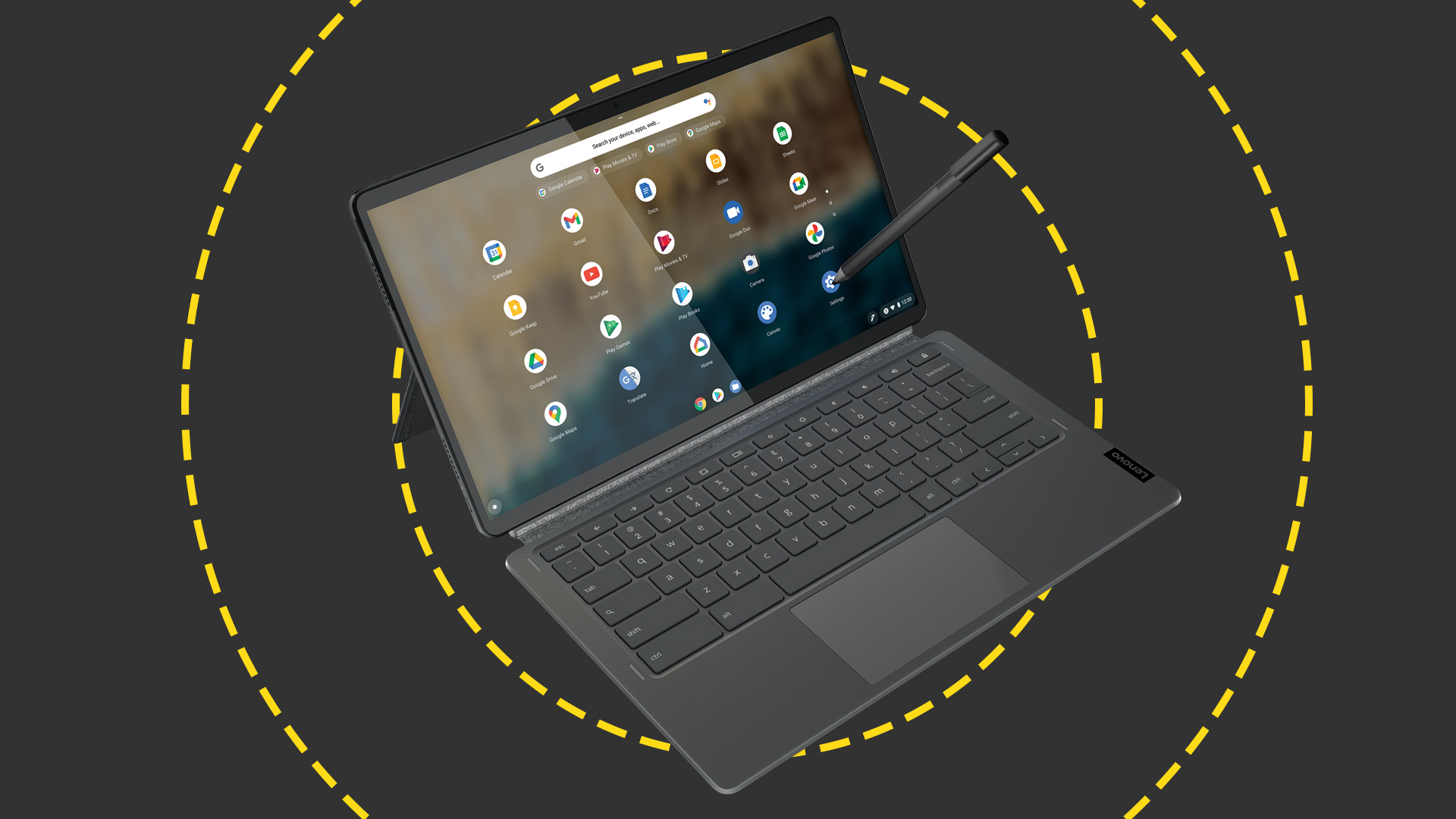 Lenovo IdeaPad Duet 5 Chromebook review: A confident convertible
Lenovo IdeaPad Duet 5 Chromebook review: A confident convertibleReviews A gorgeous display, superb battery life and Surface Pro-style form factor all lift the Duet 5 above its rivals
By ITPro
-
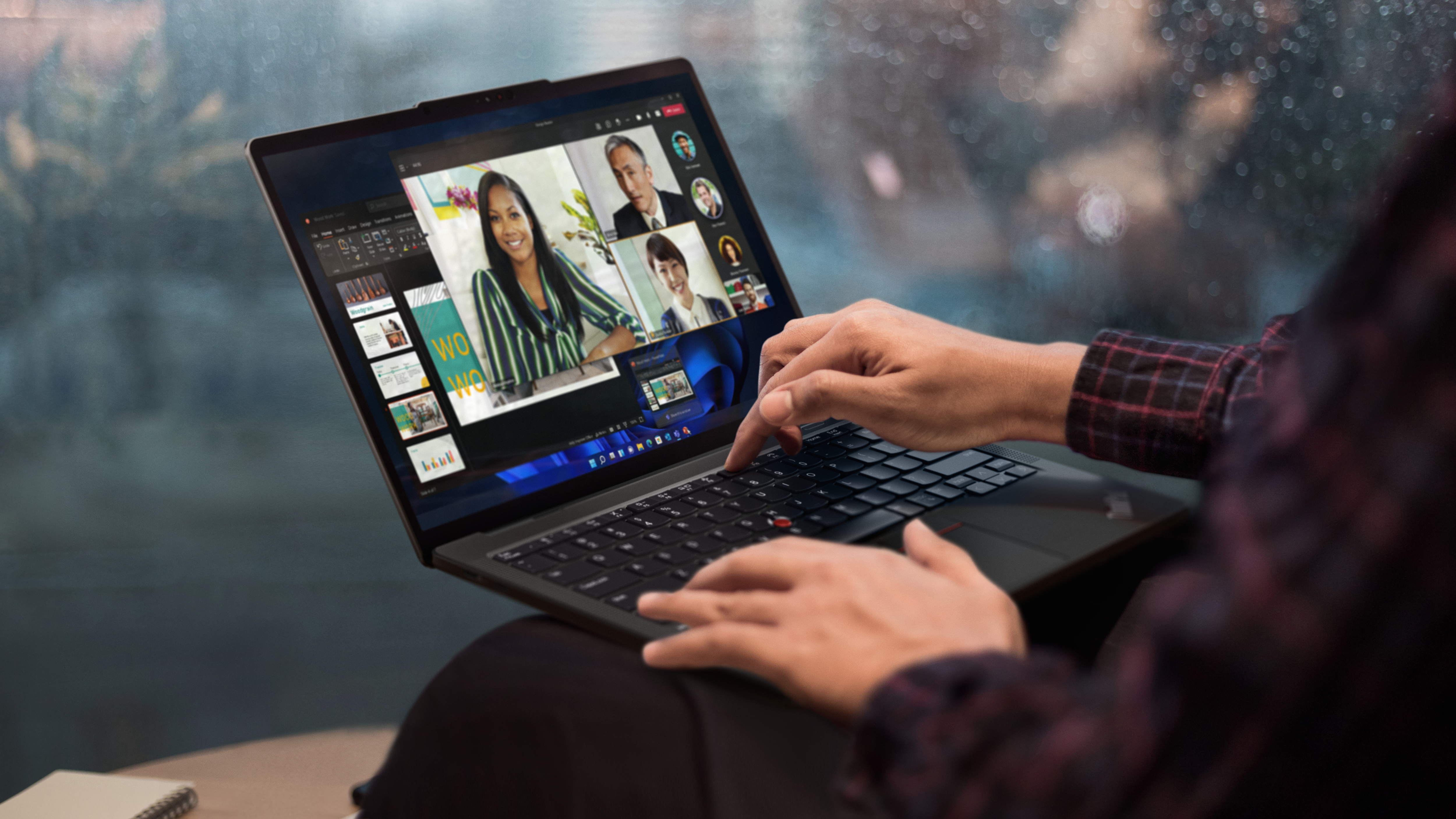 MWC 2022: Lenovo unveils its first Arm-based ThinkPad boasting 29 hour battery life
MWC 2022: Lenovo unveils its first Arm-based ThinkPad boasting 29 hour battery lifeNews The Qualcomm-powered Windows 11 machine also features baked-in 5G and is built using 90% recycled magnesium
By Carly Page
-
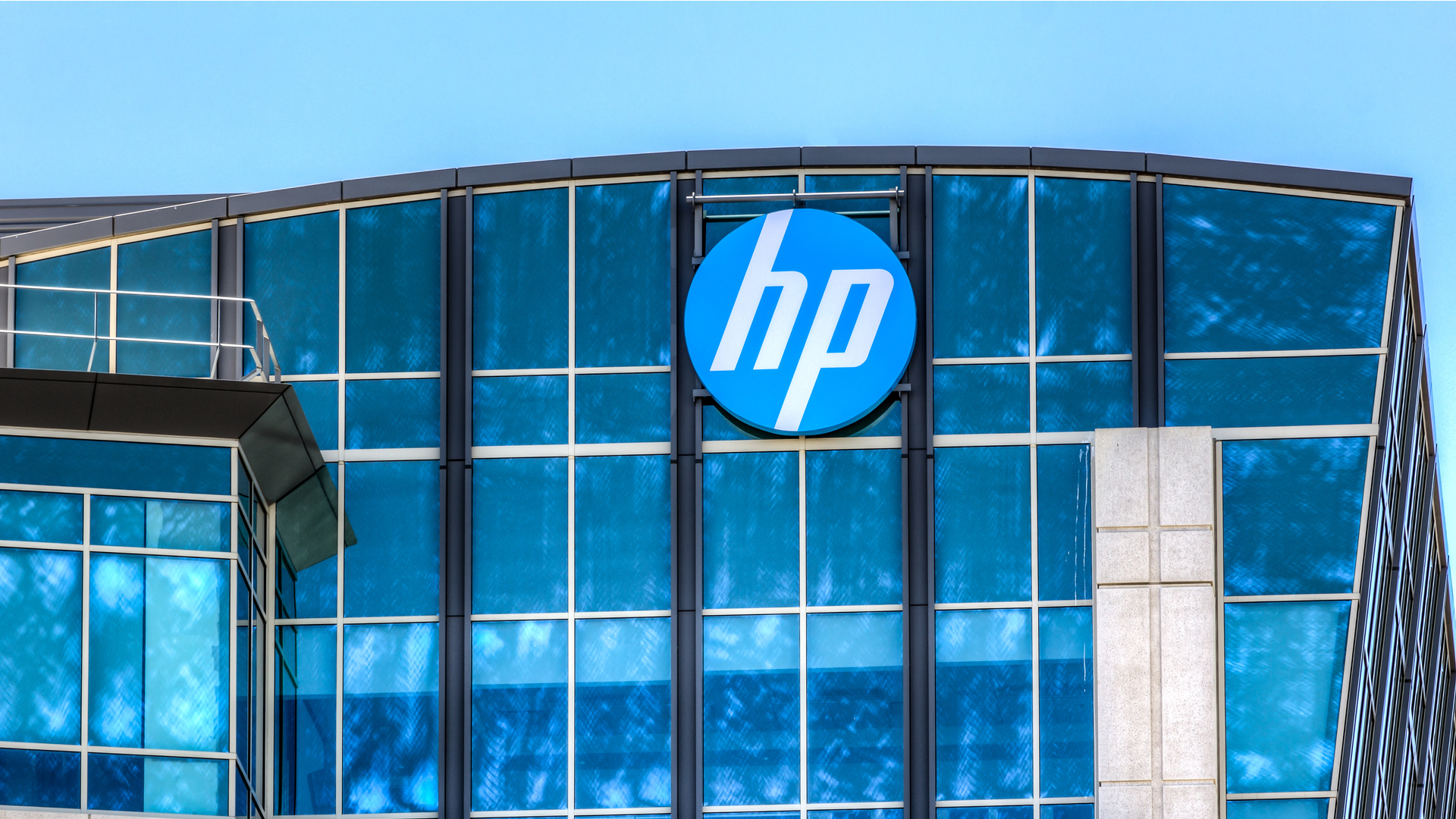 HP reveals Microsoft licensing management service for SMBs
HP reveals Microsoft licensing management service for SMBsNews The company wants to make it easier for small businesses to manage their cloud-based subscriptions
By Zach Marzouk
-
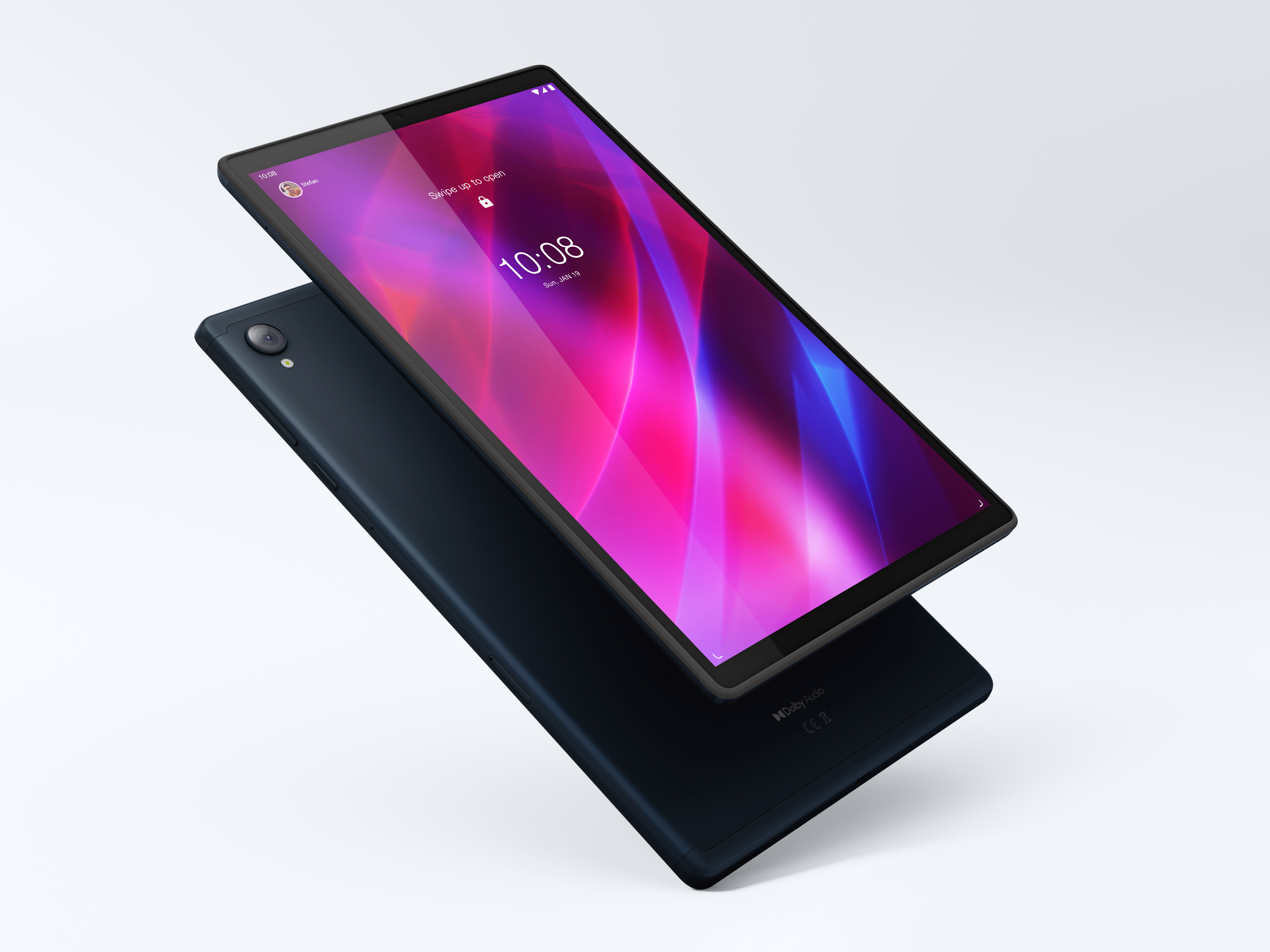 Esper and Lenovo simplify enterprise Android device deployment
Esper and Lenovo simplify enterprise Android device deploymentNews Esper’s DevOps infrastructure complements Lenovo’s enterprise-grade smart devices
By Praharsha Anand
-

 Lenovo IdeaPad Flex 5 Chromebook review: A dependable workhorse
Lenovo IdeaPad Flex 5 Chromebook review: A dependable workhorseReviews It might not be flashy, but the Flex 5 offers impressive usability and performance at a bargain price
By Stuart Andrews
-
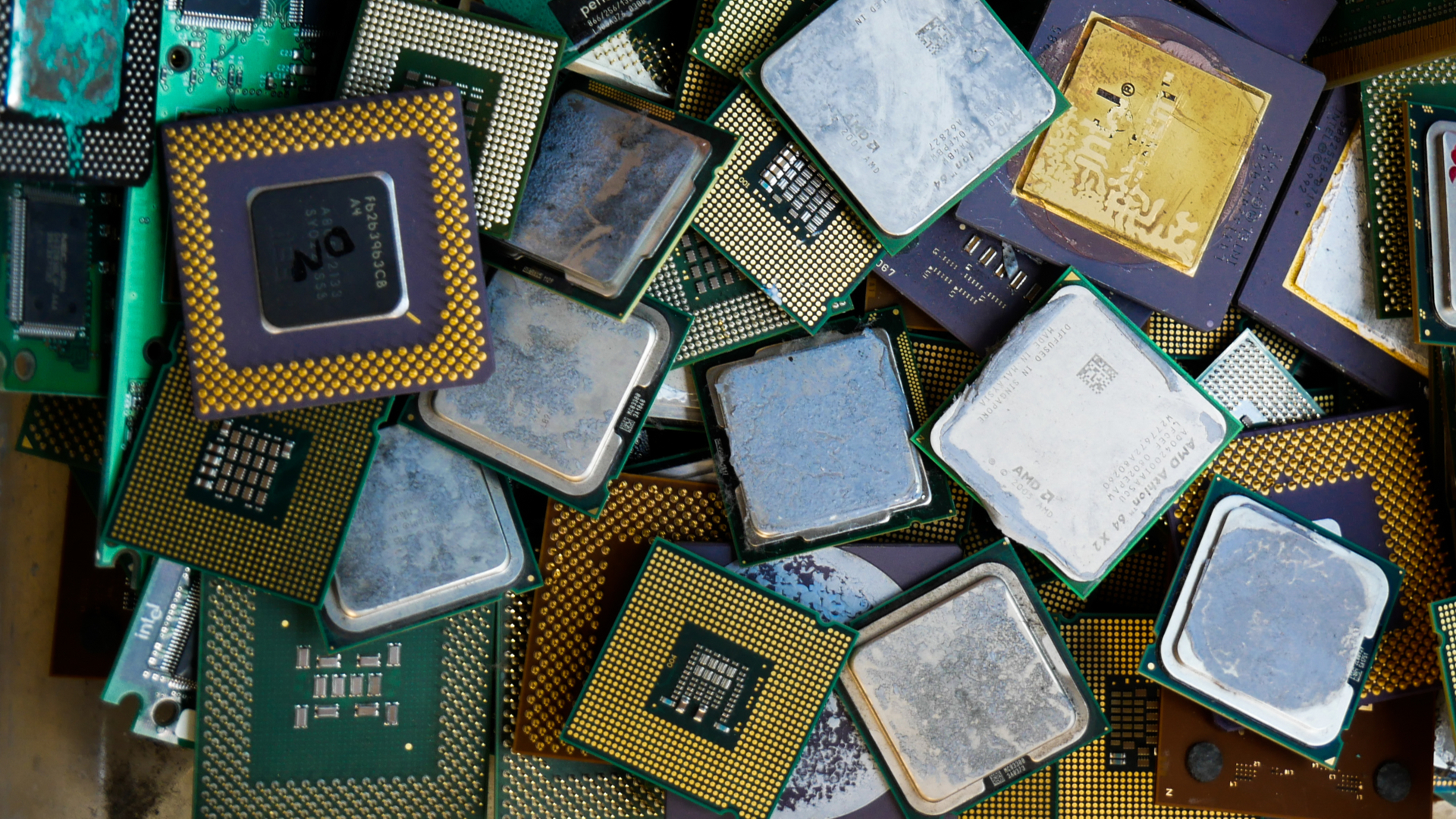 Tech giants lobby US to fund chip production
Tech giants lobby US to fund chip productionNews Industry heavyweights ask Congress for $50 billion in chip manufacturing subsidies
By Mike Brassfield
-
 HP Pro c640 Chromebook review: Nailing the basics
HP Pro c640 Chromebook review: Nailing the basicsReviews While it’s a pleasure to type with, this device is let down by several serious weaknesses
By Keumars Afifi-Sabet
-
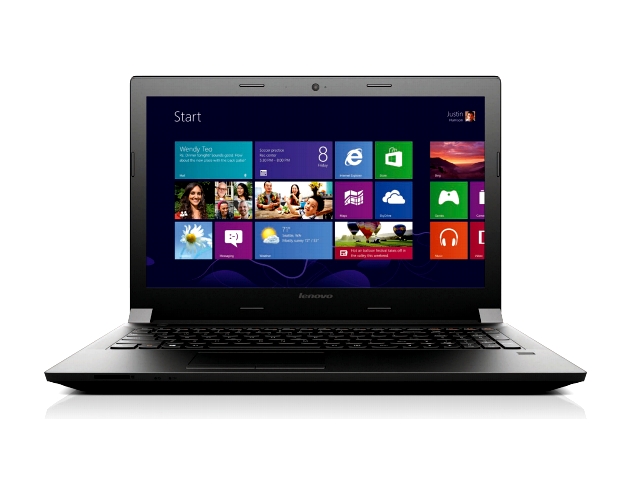 Lenovo laptops crashing after Windows 10 update, but there’s a fix
Lenovo laptops crashing after Windows 10 update, but there’s a fixNews A faulty Windows patch is forcing ThinkPads into an endless boot loop
By ITPro